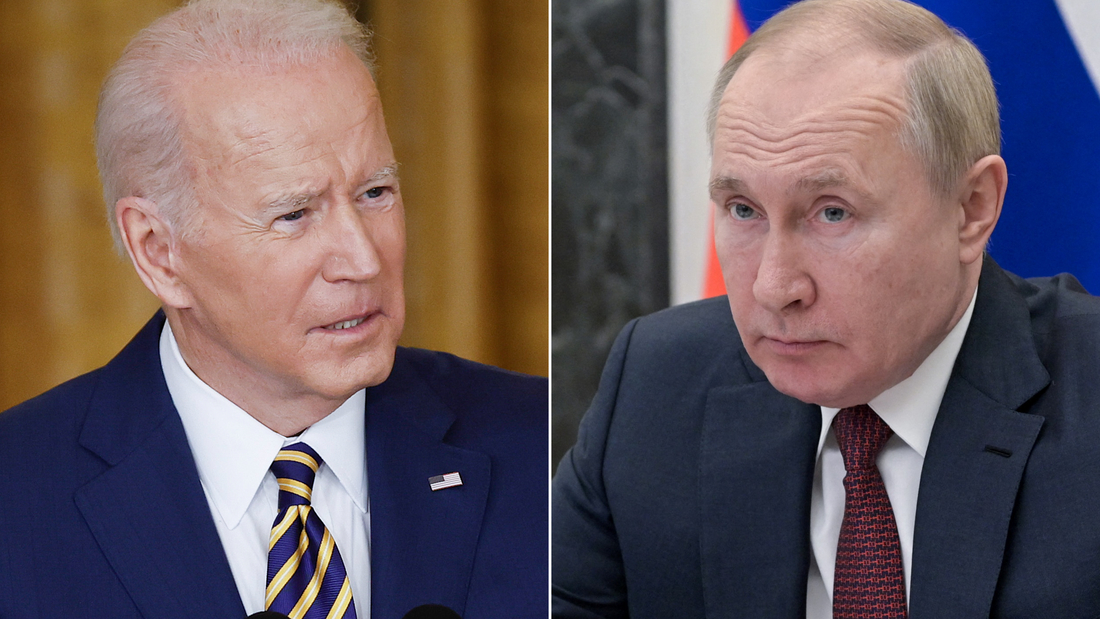Biden and the Trump Syndrome
The new administration has set a roadmap for itself that reverses every policy of Donald Trump. It reversed Trump's designation of the Houthis as a terrorist organization and sought to rejoin the nuclear agreement with Iran that Trump withdrew from. Had it not been for pressure by the Republicans, this administration would have already lifted sanctions on Iran just for the sake of doing the opposite of whatever Trump did.
The Biden administration came to office with one clear goal in mind: opposing Trump and proving that he was wrong in managing Middle East affairs and the Russia question. On both issues, the U.S. administration realizes on a daily basis how sound Trump's decisions were with respect to U.S. interests and security. Still, none of the evidence vindicating Trump has dissuaded the U.S. administration from forging ahead with its agenda, undeterred by the potential cost or the possibility of hitting a dead end.
Even if the Houthis manage to hit al-Dhafra Air Base in Abu Dhabi with Iranian ballistic missiles, this won't stop the Biden administration from offering more concessions in its bid to revive the nuclear deal with Iran. This administration believes that nothing is more important now than attaining this seeming achievement.
Throughout the process of nuclear talks with Iran, the U.S. administration has been so determined to prove that Trump was wrong and so focused on its own desire and need to save the nuclear deal that it simply assumed Iran had the same objective and didn't stop to consider whether Iran has any real wish to revive the agreement. This comes at a time when no one else can see a glimmer of hope with a theocratic regime that believes it is guided by divine power and thus finds no value in negotiation.
In fact, the architect of the original agreement, former Iranian Foreign Minister Mohammad Javad Zarif, admitted that the agreement was just a step toward the greater goal of realizing the Iranian project. Iran never saw the nuclear agreement as a goal in and of itself so much as a means to an end. We all know this, and yet this administration insists that there is light at the end of the tunnel even if no one else can see it.
It is for this reason that the U.S. administration has not and will not stop offering concessions even if the Houthis strike al-Dhafra base and end up killing American soldiers. This administration will always find a diplomatic exit to avoid the need to respond and justify its silence, inaction and indifference. Didn't the Obama administration stay silent about the humiliation suffered by American soldiers who were forced to kneel before Iranian officers? Well, the current administration is an extension of Obama's. Beyond stern statements to the press, this administration won't take any disciplinary action to preserve the United States' status and prestige, which is now at stake on several fronts, including Europe with respect to Ukraine. In fact, Joe Biden’s statements about Ukraine were so disastrous and damaging to America's prestige that the administration was forced to correct his mistakes.
As for the Middle East, the U.S. administration is trying to save whatever face it has left in the aftermath of its shameful withdrawal from Afghanistan, but it believes that a response to the Iranian missile attack could give Iran a pretext to back away from negotiations. Iran, however, did not agree to sit down so that it could negotiate. It did so to gain time, but this is something that the U.S. administration is reluctant to admit because doing so would mean that President Trump made the right and sensible call when he pulled out of the agreement; therein lies the complex situation this administration faces.
The Biden administration has gratuitously offered all possible concessions to the Iranian regime, to the point of undermining American prestige. That is what compelled Richard Nephew, the U.S. Deputy Special Envoy for Iran, to step down from his role, having seen firsthand how American dignity is being wasted and U.S. security and interests are being jeopardized just to avoid saying Trump was right.


